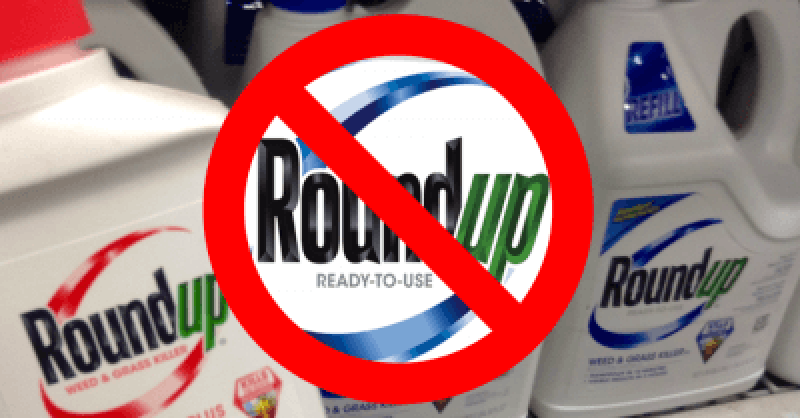In November, the Ministry of Environment and Natural Resources denied the importation of a thousand tons of glyphosate, the basic product for [many] herbicides, and it remained the same in 2020. Víctor M. Toledo, head of Semarnat, said that the “chemical compound affects health and biodiversity,” and asked in late May for a decree to eliminate its use.
More than 120 countries apply it and it has the approval of the Environmental Protection Agency (EPA) in the [US], the food safety agency of the European Union and that of Canada, among others. In Mexico, 73 percent of farmers have used it for 40 years to control more than 100 types of weeds that affect crops such as corn, sorghum, beans, citrus, coffee, sugar cane, avocado and tomato.
“Glyphosate stocks from China, the US and India are about to run out, and more than 100 crops will be affected by weeds that steal nutrients, water and sun and inhibits growth. The southeast will be the most damaged because 50 percent is consumed there. The FAO estimates that if this protection is not used in crops, productivity will decrease between 30 and 40 percent,” says Cristian García de Paz, executive director of the Crop Protection, Science and Technology organization (Proccyt), who represents 75 percent of that industry in Mexico.
[Editor’s note: This articled was published in Spanish and has been translated and lightly edited for clarity.]































